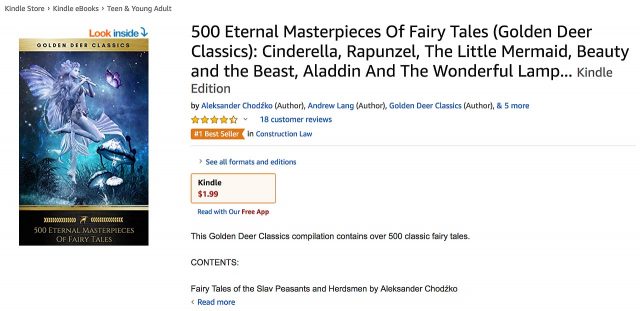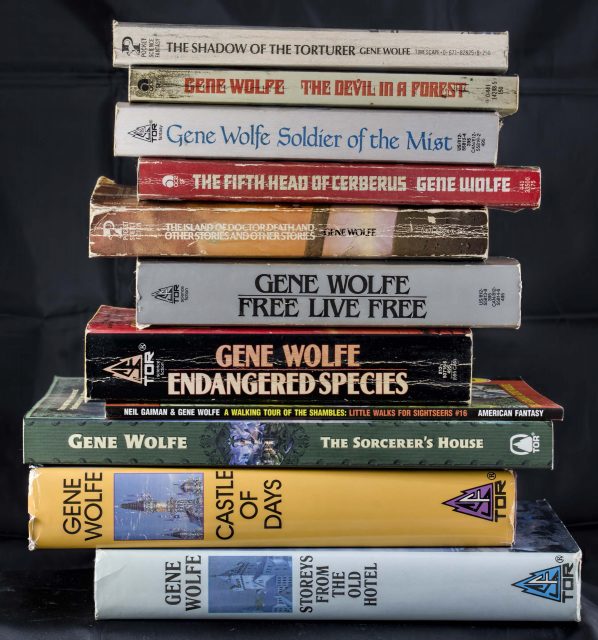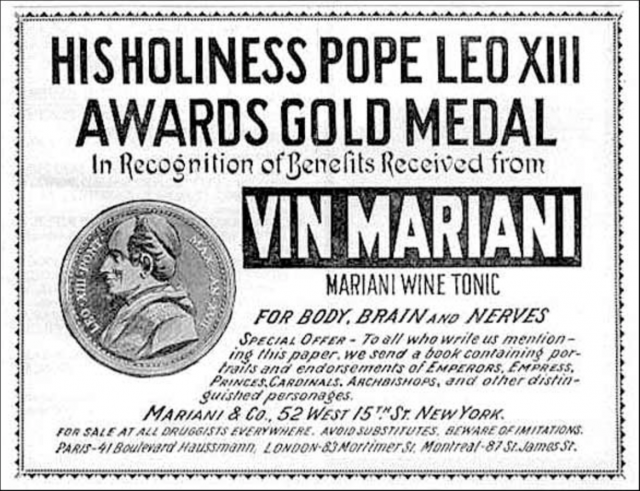Amy Welborn reminds us that today is E.B. White‘s birthday. Here’s a story of his I liked quite a bit when I was younger.
*****
The Supremacy of Uraguay
Fifteen years after the peace had been made at Versailles, Uruguay came into possession of a fine military secret. It was an invention in effect so simple, in construction so cheap, that there was not the slightest doubt that would enable Uruguay to subdue any or all of the other nations of the earth. Naturally the two or three statesmen who knew about it saw visions of aggrandizement; and although there was nothing in history to indicate that a large country was any happier than a small one, they were very anxious to get going.
The inventor of the device was a Montevideo hotel clerk named Martín Casablanca. He had got the idea for the thing during 1933 mayoralty campaign in New York City, where he was attending a hotel men’s convention. One November evening, shortly before election, he was wandering in the Broadway district and came upon a street rally. A platform had been erected on the marquee of one of the theatres, and in an interval between speeches a cold young man in an overcoat was singing into a microphone, “Thanks,” he crooned, “for all the lovely dee-light I found in your embrace …” The inflection of the love words was that of a murmurous voice, but the volume of the amplified sound was enormous; it carried for blocks, deep into the ranks of the electorate. The Uruguayan paused. He was not unfamiliar with the delight of a love embrace, but in his experience it had been pitched lower — more intimate, concentrated. This sprawling, public sound had a curious effect on him. “And thanks for unforgettable nights I never can replace …” People swayed against him. In the so bright corner in the too crowded press of bodies, the dominant and searching booming of the love singer struck sharp into him and he became for a few seconds, as he later realized, a loony man. The faces, the mask faces, the chill air, the advertising lights, the steam rising from the jumbo cup of A. & P. Coffee high over Forty-seventh Street, these added to his enchantment and his unbalance. At any rate, when he left and walked away from Times Square and the great slimy sounds of the love embrace, this was the thought that was in his head:
If it unhinged me to hear such a soft crooning sound slightly amplified, what might it not do to me to hear a far greater sound greatlier amplified?
Mr. Casablanca stopped. “Good Christ!” he whispered to himself; and his own whisper frightened him, as though it, too, had been amplified.
Continue reading “Unforgettable, irreplaceable”













